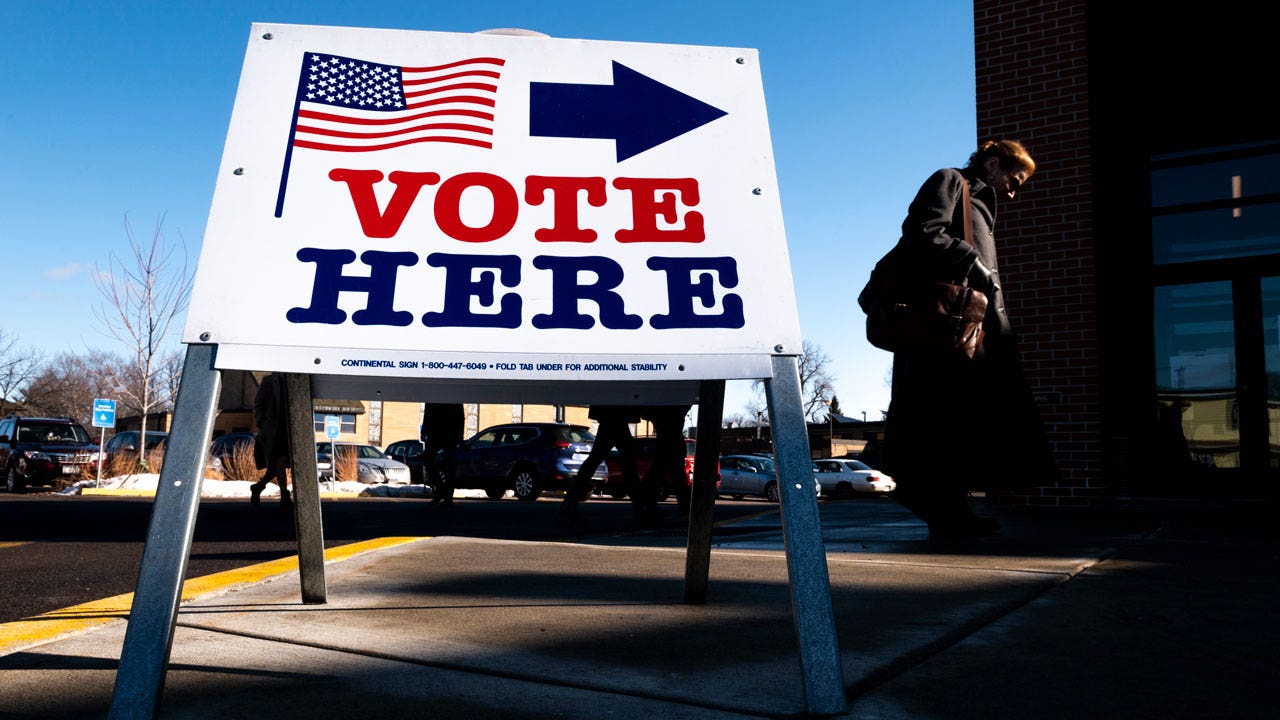The upcoming Minnesota presidential primary has taken an unexpected turn as the name of a woman, Krystal Gabel, has appeared on the ballot without her consent as a third-party candidate. This revelation has sparked controversy and prompted a response from Gabel, who has made it clear that she did not agree to run for office in the state.
Unexpected Discovery and Party Response
Krystal Gabel discovered the presence of her name on the Minnesota presidential primary ballot through a Google alert, leaving her bewildered by the unexpected turn of events. The party leaders of Minnesota’s Legal Marijuana Now Party, on the other hand, claimed that Gabel, as a party leader, had shown readiness to participate in the primary. They further stated that discussions and posts in their leadership group on Facebook indicated her willingness to be part of the primary. Despite this, Gabel maintains that she did not provide her consent to run.
Withdrawal Efforts and Election Ramifications
Despite the withdrawal of her name by the party leaders, the Minnesota Secretary of State’s Office has confirmed that Gabel’s name remains on the ballot, raising concerns about the potential impact on the upcoming primary. Early voting has already commenced, adding a sense of urgency to address the situation.
A Call to Voters and Legal Implications
Krystal Gabel has taken a proactive stance by urging voters not to cast their ballots in her favor, clearly communicating her lack of authorization for the candidacy. Asserting her rights, she emphasized that individuals should not be compelled to be candidates, highlighting the democratic principles at stake. Additionally, the legal aspects of the situation have come under scrutiny, particularly concerning the adherence to state law and the rights of candidates.
Legislative Requirements and Party Ballot Entries
Minnesota’s state law stipulates that major parties must submit candidate names for the presidential primary 63 days before the election to secure their place on the ballot. Meanwhile, the state allows individuals to register to vote as late as the primary day, adding a layer of complexity to the electoral process. Once candidate names are submitted by the parties, alterations are not permitted, leading to repercussions for the upcoming primary, including the presence of candidates who have officially withdrawn from the race.
Conclusion
The inclusion of Krystal Gabel’s name on the Minnesota presidential primary ballot without her consent has illuminated significant challenges within the electoral process. The conflicting accounts between Gabel and the party leaders, coupled with the implications for the upcoming primary, underscore the need for transparency and adherence to democratic principles in the electoral system. As the situation unfolds, it will be crucial to address the broader implications and legal considerations arising from this perplexing turn of events.


